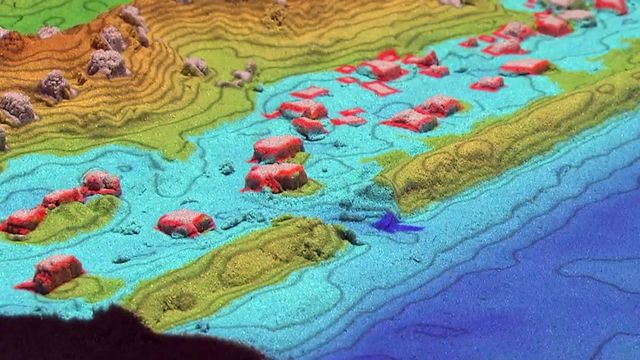A touching scene in NCSU lab means someone changed the simulation
Researchers at North Carolina State University have developed a technology that lets people reach out and touch a computer model.
Posted — Updated"As you are changing the model, you can see what the impact of those changes are," said Mitasova, who also is an associate professor of marine, earth and atmospheric sciences. "We are very excited about it. Everybody who comes really likes it."
For example, Mitasova scraped away sand from a model of a beach dune to determine the damage done by a hurricane breaching the dune. The scanner noted the change, and the computer simulated the resulting storm surge and the impact on nearby homes.
Tangible Landscape can be used to explore solutions to problems resulting from everything from erosion to urban growth patterns, and she said the open-source program was designed to make it more accessible to more people.
"That was one of the goals – to make it easier for people who don't know the software to work with landscape," she said.
Mitasova said her N.C. State team, which has been working on the program for a decade, hopes to eventually connect robots to the system and allow remote collaboration. For now, she said, researchers will have to be content playing with it themselves.
"You can bring people together, and they are playing in sand while they're actually exploring pretty serious problems," she said.
• Credits
Copyright 2024 by Capitol Broadcasting Company. All rights reserved. This material may not be published, broadcast, rewritten or redistributed.





